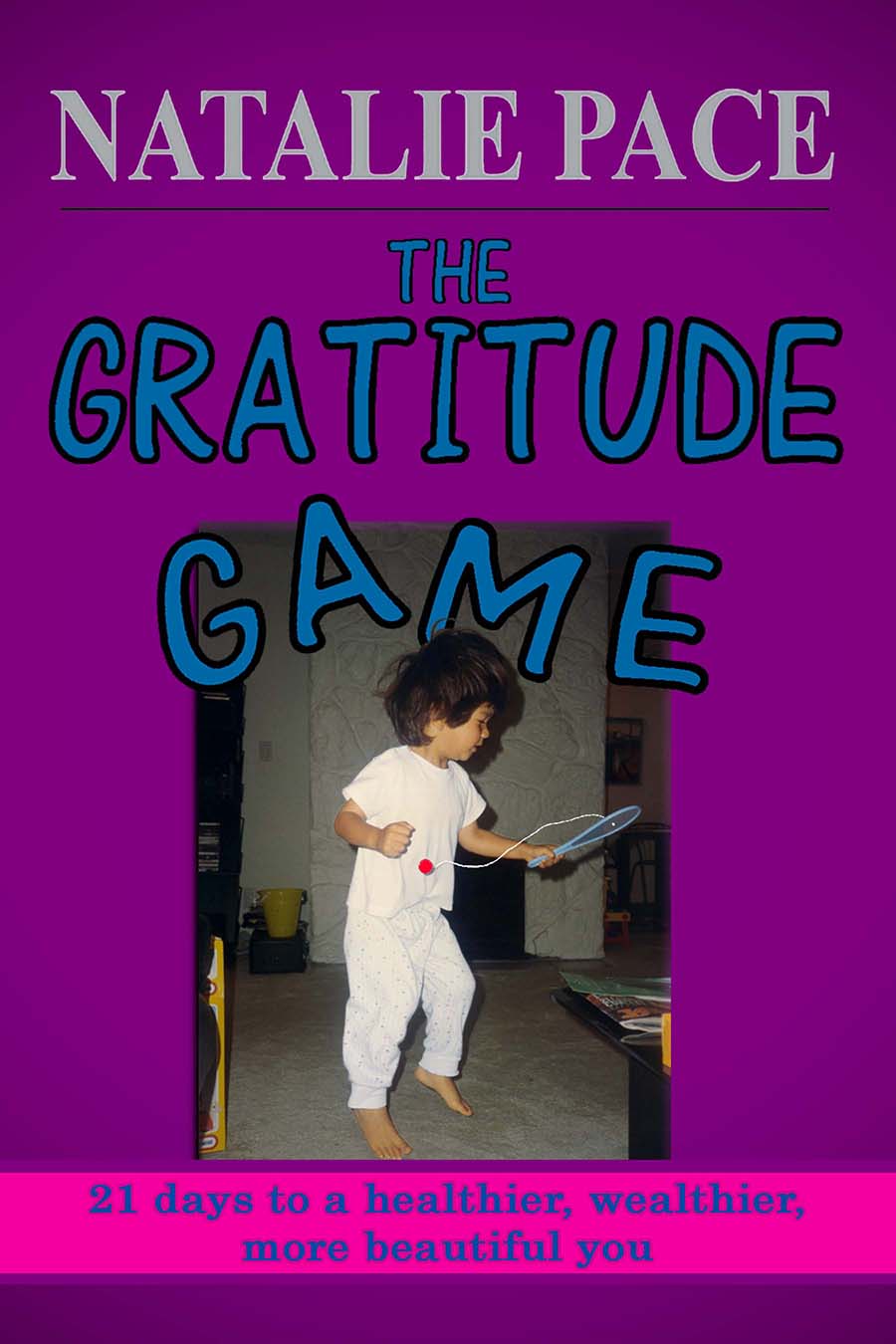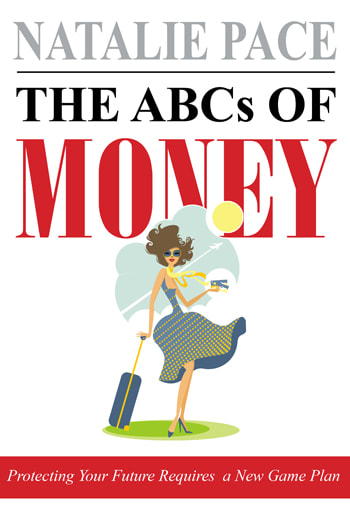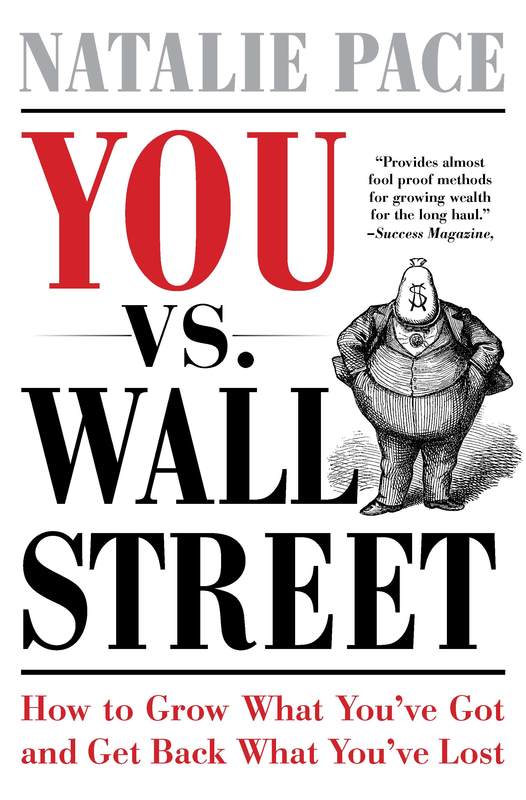|
Are you the boss of your money? Or do you place all of your faith in someone else managing your money for you, without any checks and balances to ensure that you are safe, protected and hot? Below are 3 easy questions to ask your financial partner to ensure that your plan is sound, along with 5 tips and 7 considerations on how to weather the next financial storm. How can you be the Boss of your Money? The first step is to learn the basics, and the second step is to hold yourself and your financial team accountable, by the books and numbers, not by their word. Top 3 Questions to Ask Your Financial Team to Make Sure That They Are Working For You (and not just getting rich by selling you things)
And it is just as important to know the right answers. Otherwise, you could be seduced by sales-speak. 1. How Much Of My Portfolio Should I Keep Safe? Sales-speak: “If you don’t invest, then your money just earns zero and doesn’t even keep up with inflation.” This sound byte is designed to get you to buy more stocks and take on more risk than might be prudent for you, for your risk tolerance, for the current marketplace and for your time horizon. Sales-speak: “Invest in this so that when the crash comes, you’ll be safe.” There are a lot of scams out there trying to capitalize on your fear, including gold scams, Bitcoin scams, penny pot stock scams, options trading software and more. When people scare the heck out of you and then sell you the cure, it’s often just snake oil. Be cautious and skeptical. The Right Answer: “How old are you? The general standard is to keep a percent equal to your age safe. I would overweight a little more safe right now because we are in the 9th year of the current bull market and the CAPE ratios are quite high.” If you have under a million dollars and are dealing with a broker-salesman who has a large number of clients (typically over 500), then odds are pretty low that you’ll get this answer. That is why it is so important to know the basics yourself, and to be the boss of your money and plan, rather than having blind faith in broker-salesmen. 2. How Much Commission Are You Being Paid to Sell Me This? Sales-speak: “You don’t have to pay me anything!” This is a side-step of the question. Most broker-salesmen are paid on the back-end to sell you things, not by you directly. And the higher the commission they are paid, the higher the risk of the asset that you are being sold. So, don’t settle for this answer. The Right Answer: “This [life insurance plan, annuity, REIT, mutual fund] pays 6% to me.” Remember that higher commissions and dividends = higher risk. So, if you hear if a commission or dividend that is 5% or higher, you then have to place even more forensic focus on question number 3. 3. How Safe is This Investment? Sales-speak: “Your investment will not go down in value.” Or “Owning real estate is better than stocks.” There are many ways that annuities and life insurance goes down in value. Most people who purchase life insurance have the policy lapse before the pay-out, even if they have paid in for decades, because when you retire and are on a fixed income, there will come a time when you have to choose between eating, having a roof over your head, visiting the doctor or paying your life insurance bill. If you miss a payment, or have any of a long list of other issues with the policy, then the insurance company can cut the benefit and dramatically increase the premium, making it unaffordable to continue the policy. With annuities, once you “annuitize” it, you give up the asset for the “guaranteed” annual income. In other words, if you deposited a million, and you die one year after you select “Income for Life,” then you’ve just lost a million dollars that could have gone to your loved ones or charity. Finally, all of the private placement REITs that I have personally looked at, which are in abundance today because they pay 7% commission to the broker-salesmen, are stock investments (not real estate investments) in companies that have been cash-negative for at least three years (in an up real estate market!). These investments are very high-risk and it is an out-and-out lie when they are sold to retirees as “safe” and income-producing. The Right Answer: The safest investment right now is FDIC-insured cash. It pays you nothing, but you have no risk of capital loss (of losing money). That is why we are taking on some risk (appropriately) on the stock side. Other Considerations: FDIC-insured cash is just the first step to getting safe. At my investment educational retreats, I teach attendees how to consider safe, income-producing hard assets that you purchase for a good price because hard assets hold their value better than paper assets when you have too much debt in the world. In addition, our team has identified thousands of dollars in annual savings that most people can save with smarter energy, budgeting and investing choices! These investments pay dividends for life. Learn about 12 Questions to Ask Your Broker in my first book: Put Your Money Where Your Heart Is. Learn what is safe and how to get safe in my second book: The ABCs of Money. Implement these strategies in the chapter-a-day 21-day plan in my third book The Gratitude Game. Keep reading for 5 Tips and More Facts, Market Conditions, Testimonials and Resources. 5 Tips
Facts & Market Conditions
Testimonials "My husband spoke with Natalie Pace, and after a brief discussion, she charted a plan on the back of a napkin. I decided to take her advice. Soon after, we had the big crash. I was one of the few and lucky people who actually made money (instead of losing). So, thank you Natalie, for saving my retirement!" Nilo Bolden. "College students need this information before they get their first credit card. Young adults need it before they buy their first home. Empty nesters can use the information to downsize to a sustainable lifestyle, before they get into trouble." Joe Moglia, Chairman, TD AMERITRADE. "Many people, including educated men and women, often get into trouble when they neglect to follow simple and fundamental rules of the type provided [by Natalie]. This is why I recommend them with enthusiasm." Professor Gary S. Becker. Dr. Becker won the 1992 Nobel Prize in economics for his theories on human capital. Additional Information (Blogs) Stock prices are as high as they were in the Great Depression and the Dot Com Recession. http://www.nataliepace.com/blog/august-21st-2017 What is the Smart Money Doing? http://www.nataliepace.com/blog/what-is-the-smart-money-doing Are You Gambling With Your Future? http://www.nataliepace.com/blog/are-you-gambling-with-your-future Will Congress Raise the Debt Ceiling in Time? http://www.nataliepace.com/blog/will-congress-raise-the-debt-ceiling-before-august Social Security is Cash Negative, at 28% of the Public Debt and Growing http://www.nataliepace.com/blog/social-security-is-cash-negative-at-28-of-the-public-debt Bitcoin and the Crypto Currency Flash Crash. (published on June 25, 2017). Comments are closed.
|
AuthorNatalie Pace is the co-creator of the Earth Gratitude Project and the author of The Power of 8 Billion: It's Up to Us, The ABCs of Money, The ABCs of Money for College, The Gratitude Game and Put Your Money Where Your Heart Is. She is a repeat guest & speaker on national news shows and stages. She has been ranked the No. 1 stock picker, above over 830 A-list pundits, by an independent tracking agency, and has been saving homes and nest eggs since 1999. Archives
July 2024
Categories |










 RSS Feed
RSS Feed